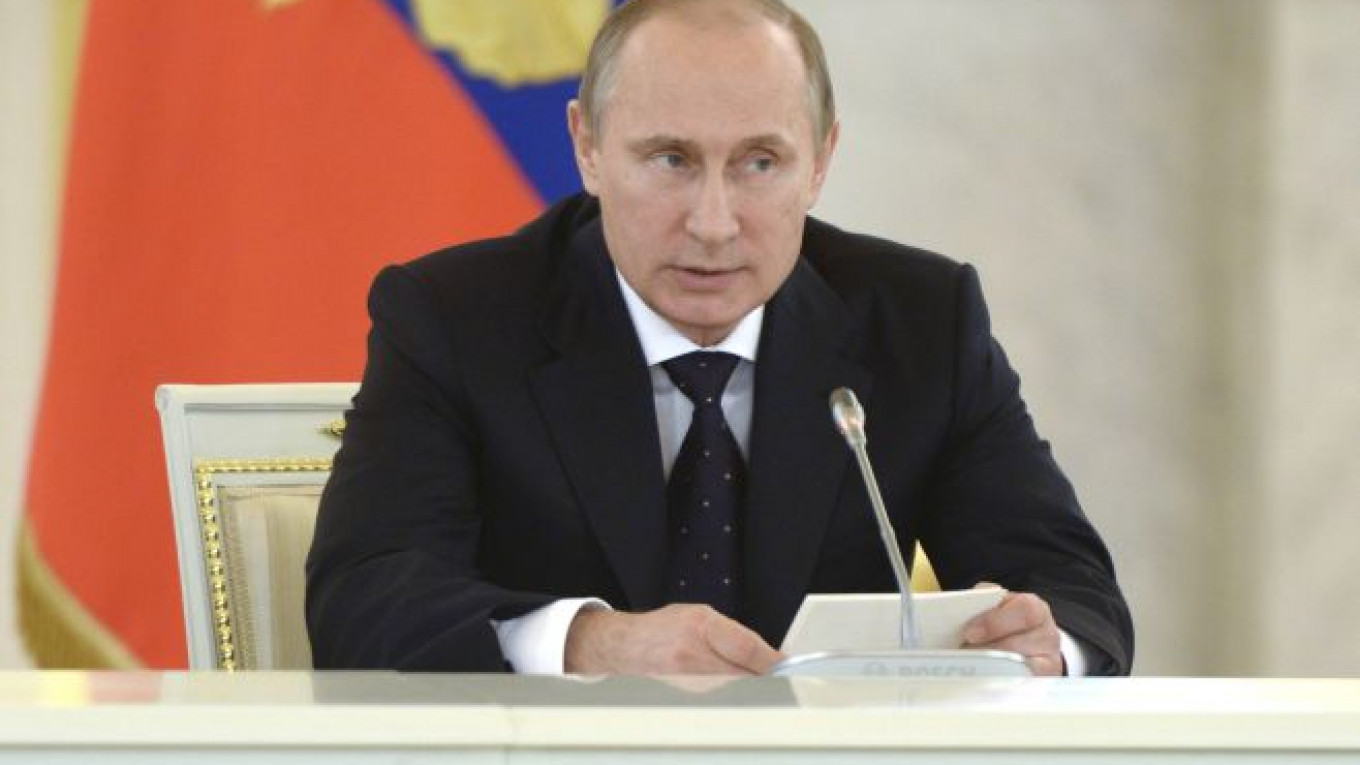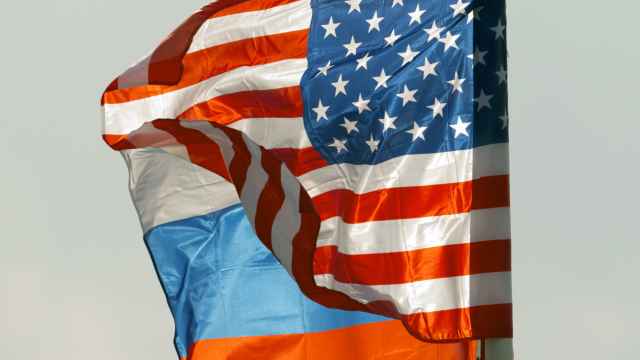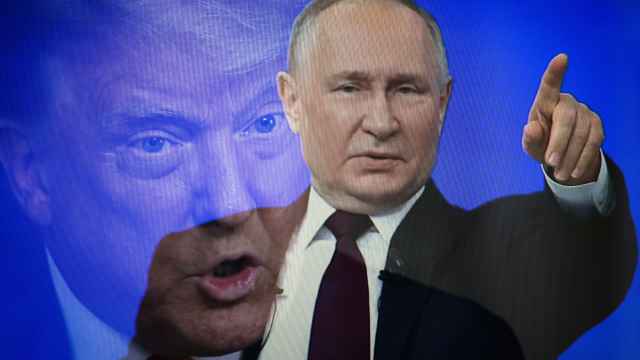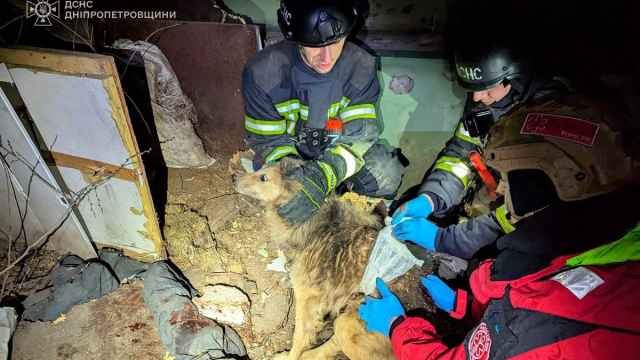European Union governments have discussed halting or restricting funding for new projects in Russia through two multilateral lenders as they seek to raise pressure on Moscow to support a peace plan for Ukraine, officials said.
Officials have looked into stopping lending for Russian projects through the EU's bank, the European Investment Bank, or EIB, and the European Bank for Reconstruction and Development, or EBRD, an EU diplomat and a German government source said Thursday.
No decisions have been made but the German source indicated that discussions could restart if no agreement was reached by the end of the week on establishing a ceasefire and deescalating the situation in eastern Ukraine.
But a senior source at the EBRD said the bank's main government shareholders did not want it to stop lending in Russia.
Taking action at the EBRD would also be complicated as Russia is one of 64 countries that are shareholders of the bank.
Russia has traditionally been the biggest recipient of the London-based EBRD's funds — it lent 1.8 billion euros ($2.46 billion) there last year. The EIB pledged to lend more than 1 billion euros to Russia last year.
The EU has threatened for months to impose tough economic sanctions on Russia unless it helps to reduce tensions in eastern Ukraine, where hundreds have been killed in clashes between government forces and pro-Moscow rebels.
So far, the EU has imposed measures targeting around 60 people in Russia and Ukraine with asset freezes and travel bans, as well as two energy companies in Crimea, to punish Moscow for taking over the Ukrainian peninsula earlier this year.
But the 28 EU nations have been divided about pressing ahead with more far-reaching measures, with some governments fearing retaliation from a major energy supplier.
Sanctions Discussion
EU governments decided on Tuesday they would not immediately impose new sanctions on Russia but discussions in committees have continued and EU ambassadors are expected to discuss the Ukraine situation again on Monday.
Any decision on hard-hitting economic sanctions would be for EU leaders, who are due to meet again on July 16.
The foreign ministers of Russia and Ukraine agreed in Berlin on Wednesday to hold three-way talks involving pro-Moscow rebels by Saturday to pave the way for a new ceasefire.
The senior EBRD source said the bank had sounded out its main shareholders in the Group of Seven advanced economies only last week and found there was no change in the consensus view that lending to Russia should continue.
"Our shareholders want us to keep engaging in Russia," the source said on condition of anonymity. "As far as we can tell, nothing has changed since our annual meeting in May."
The bank has already hinted it will scale down its lending to Russia this year, although it has framed it as a response to the country's economy slowing in response to the Ukraine troubles.
Neither the EIB nor EBRD has recently announced new lending to Russia on its website.
Suspending EIB funding to Russia was mentioned as a possible option in a paper drawn up by the European Commission in April which assessed the impact of imposing various economic sanctions on Russia.
One of the options mentioned under the "low-intensity sanction scenario" was "suspension/reduction of development assistance and EIB funding to Russia," the document, seen by Reuters, said.
A spokesman for the EIB said: "The European Investment Bank is the EU bank and acts in full accord with the EU positions."
A European Commission spokesman said he could not confirm or deny any possible measure being considered by member states.
See also:
A Message from The Moscow Times:
Dear readers,
We are facing unprecedented challenges. Russia's Prosecutor General's Office has designated The Moscow Times as an "undesirable" organization, criminalizing our work and putting our staff at risk of prosecution. This follows our earlier unjust labeling as a "foreign agent."
These actions are direct attempts to silence independent journalism in Russia. The authorities claim our work "discredits the decisions of the Russian leadership." We see things differently: we strive to provide accurate, unbiased reporting on Russia.
We, the journalists of The Moscow Times, refuse to be silenced. But to continue our work, we need your help.
Your support, no matter how small, makes a world of difference. If you can, please support us monthly starting from just $2. It's quick to set up, and every contribution makes a significant impact.
By supporting The Moscow Times, you're defending open, independent journalism in the face of repression. Thank you for standing with us.
Remind me later.






